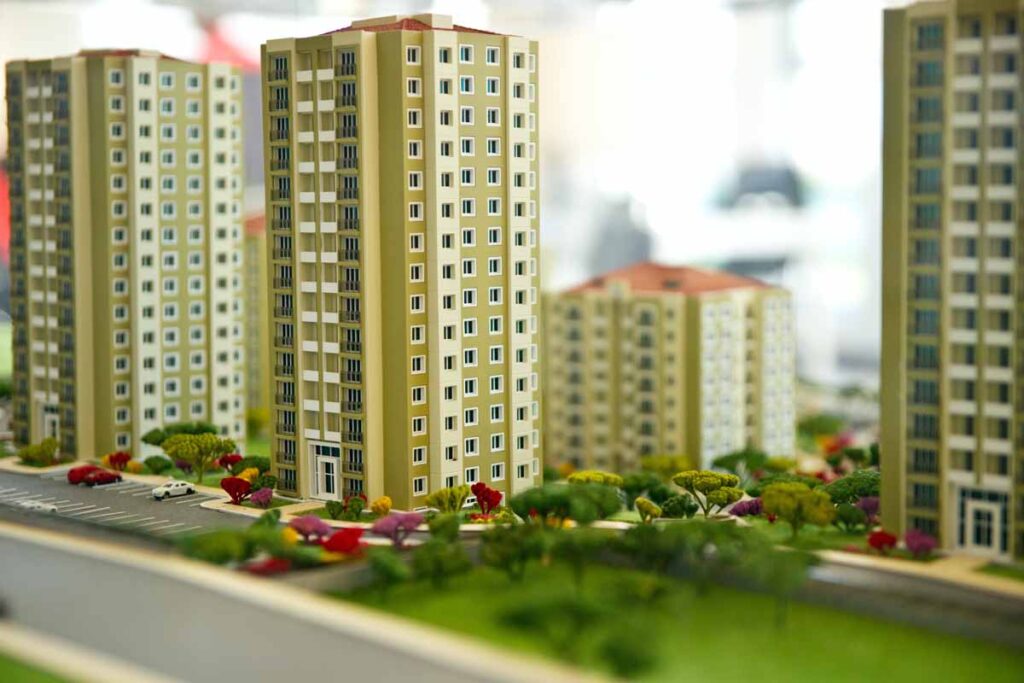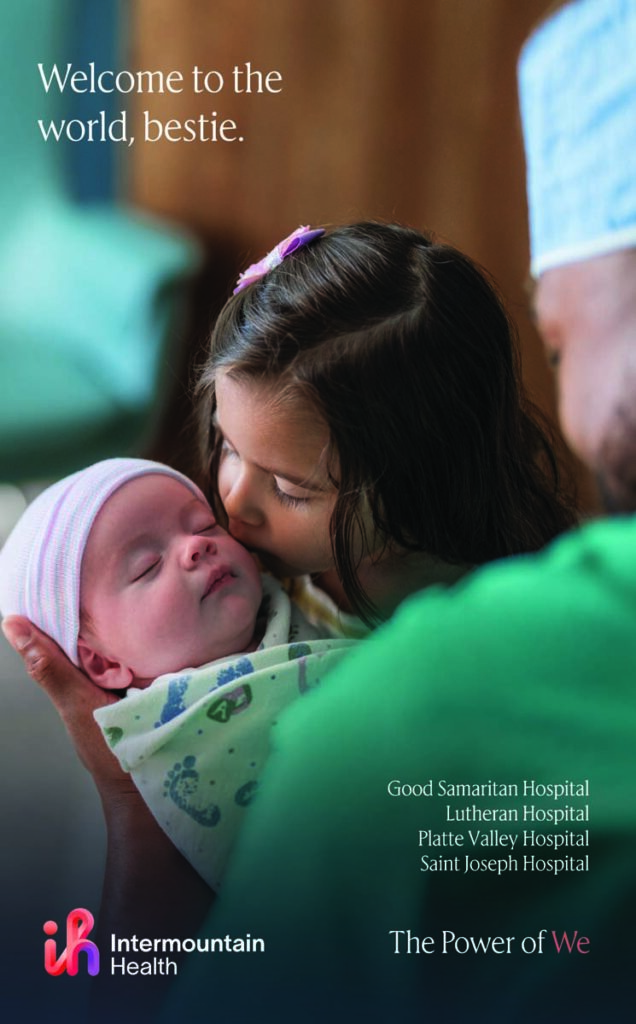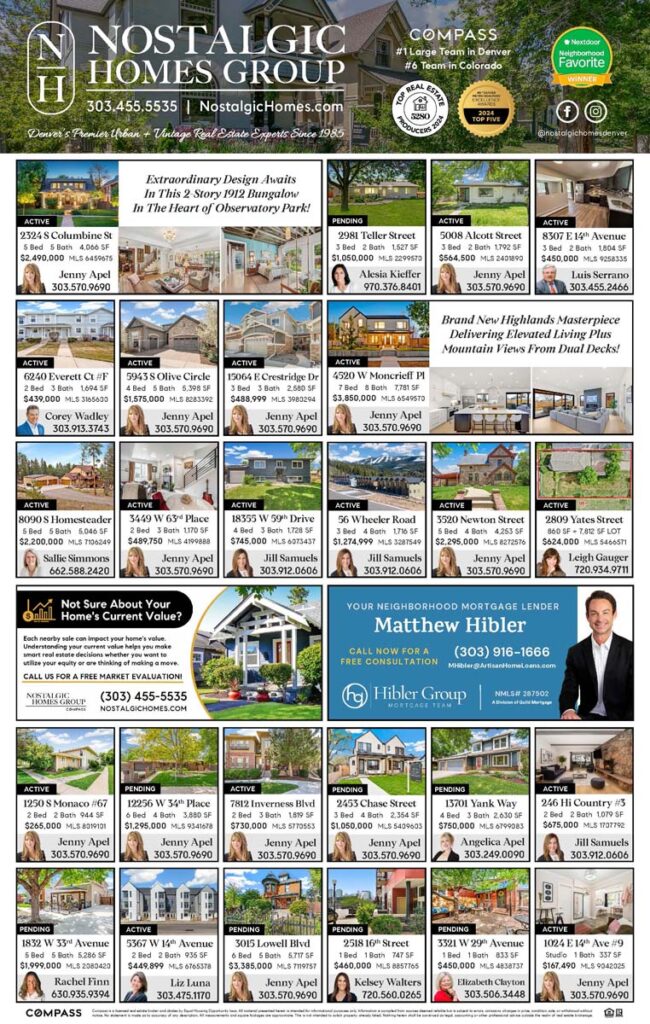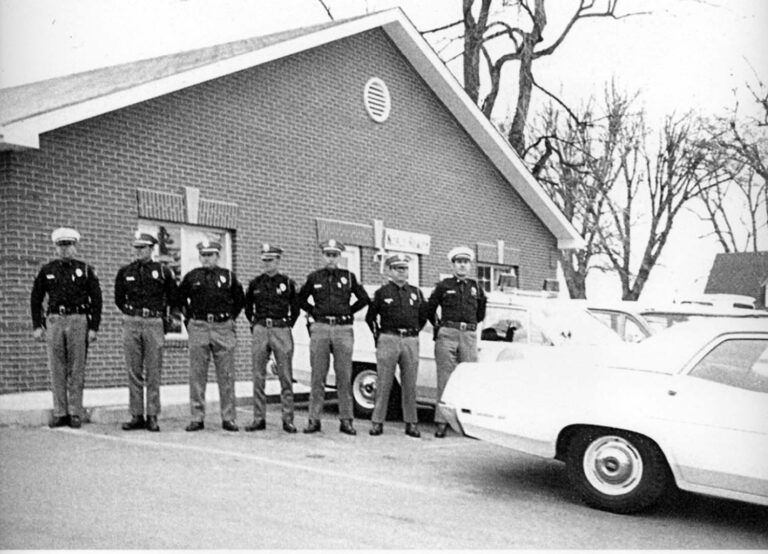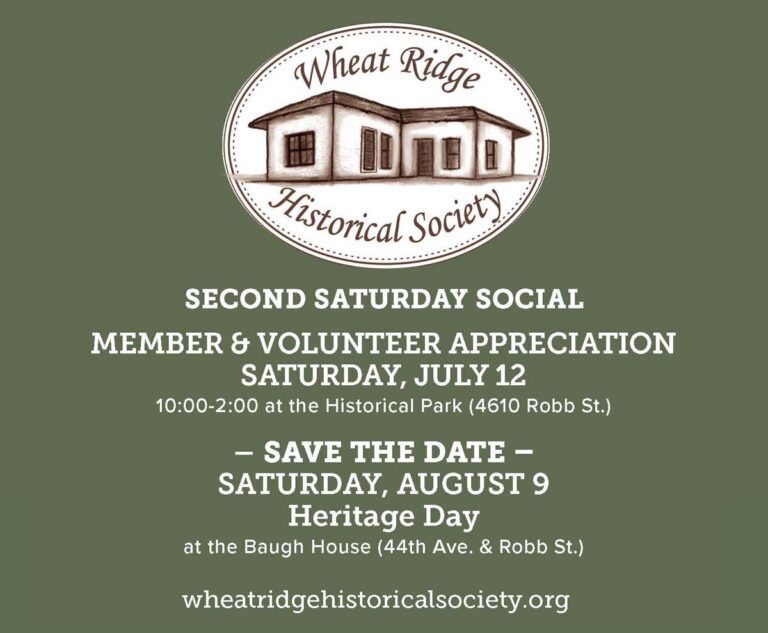The cost of living in a big city has always been expensive, and Denver is no exception.
The city has almost become famous for its soaring home prices, and this effect has rolled over into the surrounding communities. In the last decade, homes worth over half a million dollars have become increasingly commonplace, even in relatively quiet towns, like Wheat Ridge, Edgewater and Lakewood. But most citizens cannot afford housing prices this high, and this has begun to push out lower-income families and other individuals in search of suitable housing.
According to a 2021 meeting held by Urban Ventures’ President Susan Powers and reported in the Jeffco Transcript, the median salary in Wheat Ridge is roughly $57,000, which could realistically afford a $317,000 house. This, coupled with the fact that the average home is worth over $550,000, leaves potential buyers, including many young families, without suitable and affordable housing. As of July 2022, the median cost of a home in Wheat Ridge has increased to more than $600,000, almost twice what the average homeowner could afford.
The city of Denver has experienced a massive population surge in the last several decades, affecting not only Denver but the entire metro area as well. Even since 2018, the median cost of a home has increased by almost $300,000, according to a study by the Redfin Real Estate company. Cities in these boundaries have seen a rise in property prices, and paychecks have not remained consistent with inflation. This has left many prospective homeowners without an easily accessible housing market. Despite these trends, the city has worked tirelessly to try to maintain fair housing prices.
To help find solutions, the City of Wheat Ridge has partnered with CZB, a consulting firm that collaborates with local communities and has previously worked with the city to develop new strategies to help combat rising prices. In 2005, the group assisted the city to establish a new system to find housing. This would eventually become the Neighborhood Revitalization Strategy, or NRS. The NRS introduced a number of projects, meant not only for city officials but for the people as well. This included encouraging retail development, protecting public spaces, and creating “New, quality housing.”
To aid citizens struggling with housing in 2022, the city and CZB have created the Wheat Ridge Affordable Housing Strategy and Action Plan. The project’s main goal is to evaluate the housing problems facing the city, understand what the city is capable of doing to respond, and how we can face these problems moving forward.
The Wheat Ridge Affordable Housing Strategy and Action Plan reported that in 2020, the average Wheat Ridge citizen paid “30 percent or more of their household income” toward housing payments. The Chase Bank website states that 30 percent is the maximum amount of income that should go towards housing, yet for many in Wheat Ridge that is the minimum.
The prices on these homes affect not only prospective citizens, but current homeowners as well. In a market where the average price of a home has increased by more than 75 percent, residents who have lived in these neighborhoods for years, or even decades, are now burdened with property taxes and home payments far beyond their financial capacity. Wheat Ridge should always seek to encourage growth within the city, but must continue to assure the position of its current citizens as well.
To learn more about the Affordable Housing and Action Plan, visit their website: https://whatsupwheatridge.com/housing

